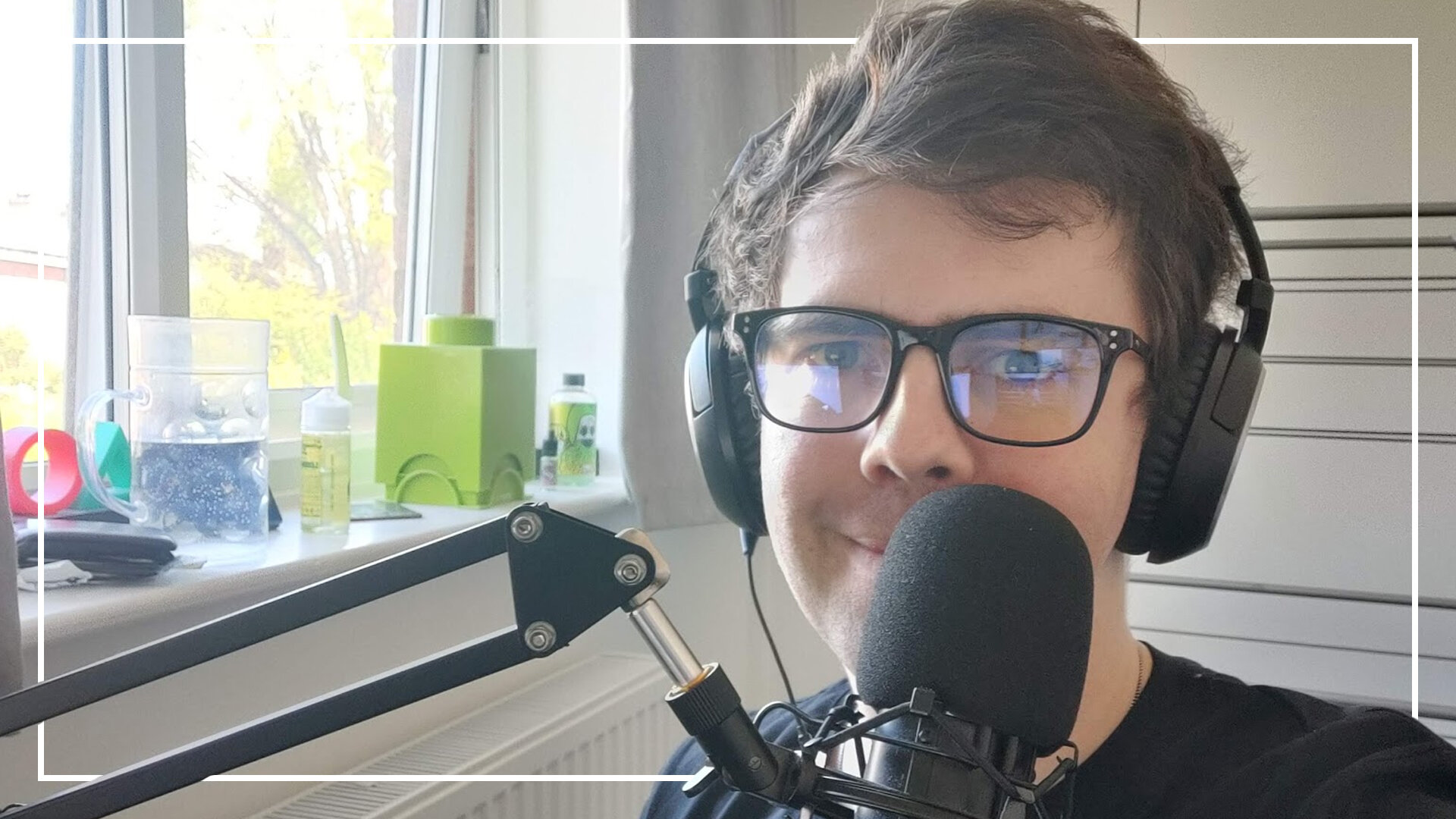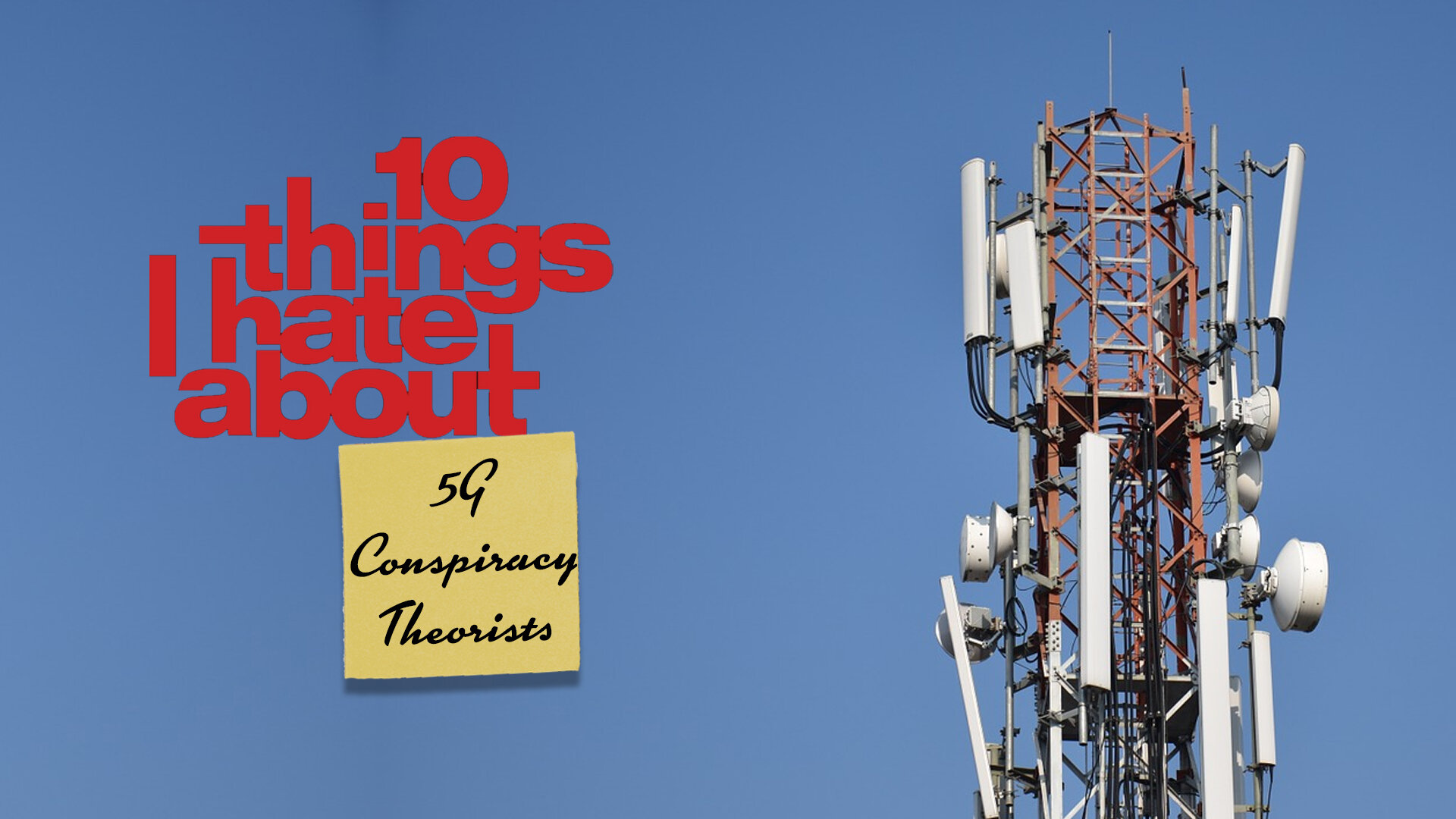United Nations Declares That Blocking Internet Access Violates Human Rights
The UN has condemned countries that intentionally restrict citizens’ internet access by passing a non-binding resolution - reaffirming their stance that “the same rights people have offline must also be protected online.”
Many people complain about a poor internet connection, but it’s fair to say we have a lot to be thankful for when compared to other nations that switch off that online connectivity to purposefully attempt to hide any scenes of political unrest. This resolution reinforces the freedom of expression that’s covered under article 19 of Universal Declaration of Human Rights.
While the resolution was passed by a majority consensus last Friday, it should come as no surprise that a small list of more authoritarian countries opposed - these include China, Russia and Saudi Arabia. It’s worth saying that these resolutions are not legally binding documents, but they do apply pressure on bringing nations up to scratch on digital democracy.
"From impunity for the killings of bloggers to laws criminalising legitimate dissent on social media, basic human rights principles are being disregarded to impose greater controls over the information we see and share online." Thomas Hughes, executive director of Article 19, a charity defending freedom of expression, commented in a press statement.
This will work to stop governments forcing a silence across online communications like they are doing recently. These include the mobile internet being shut down in Bahrain and India during their local protests, social media access being throttled in Turkey after a recent terrorist attack on Istanbul’s airport and the social block in Algeria - just to stop school students cheating on tests. In fact, Access Now has recorded 15 internet shutdowns around the world in 2015, and at least 20 this year so far.











Alongside the scientists, 50% of the British public and the future health of young people across the nation, I have one simple request: delay Freedom Day, please.